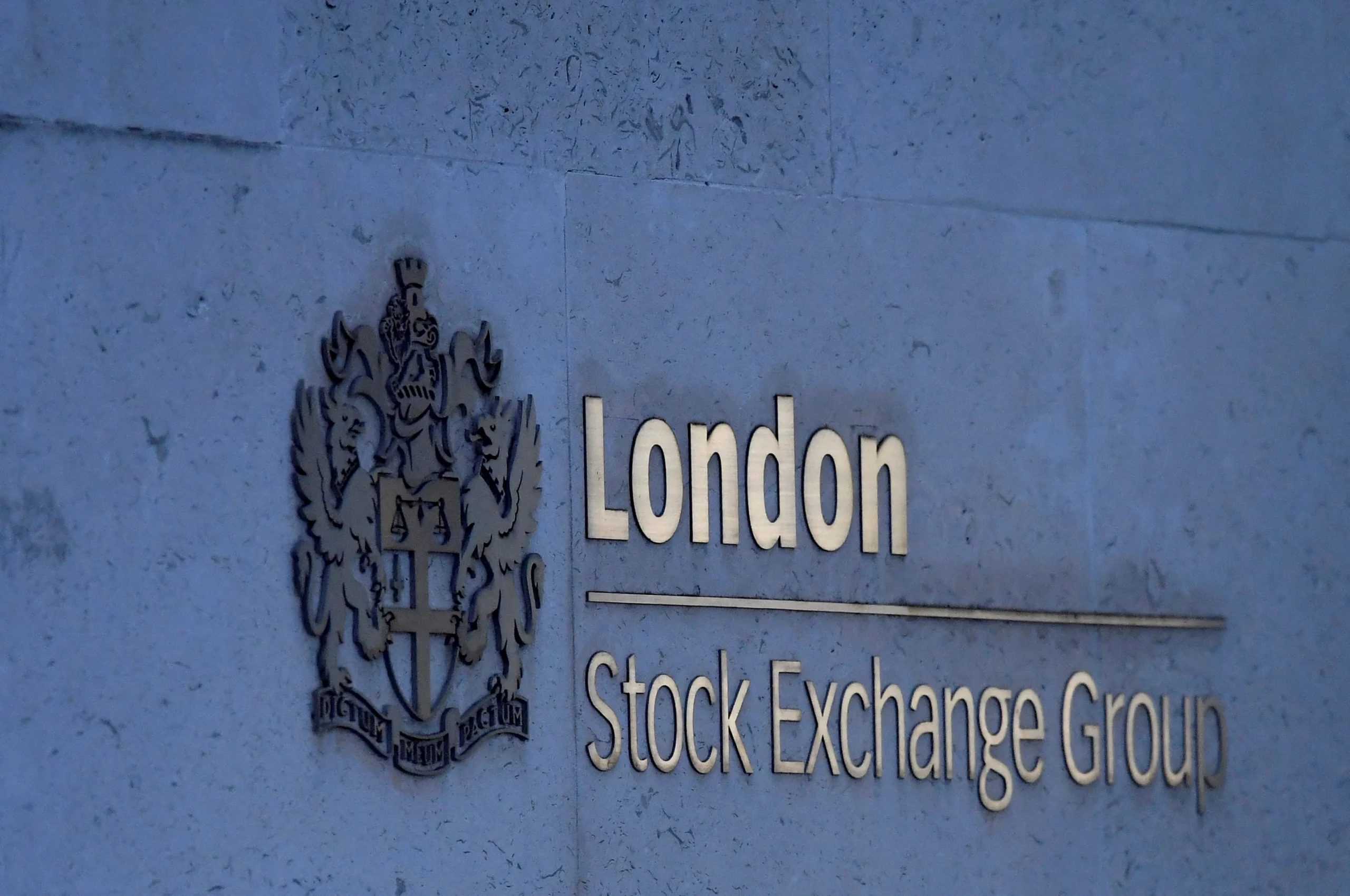
Introduction
Welcome to our in-depth guide to the London Stock Exchange (LSE), one of the most prestigious financial markets in the world. In this article, we delve into the LSE’s complexities, looking at its background, organizational structure, distinguishing characteristics, and the various elements that contribute to its prominence in the world of finance.
History of the London Stock Exchange
The London coffeehouses of the 17th century are where the London Stock Exchange got its start. The first exchange, founded in 1698 by a group of stockbrokers, eventually developed into the LSE that exists today. The exchange has grown significantly over the centuries, adjusting to shifting market dynamics and technological advancements.
Structure and Operations
Main Market
The LSE’s Main Market, which serves established, large companies, is where most of its listings take place. Reputable companies from different sectors, both domestic and foreign, are located in this segment. Companies listed on the Main Market follow strict regulatory guidelines, ensuring accountability and transparency.
Alternative Investment Market (AIM)
Smaller and developing businesses can use the Alternative Investment Market (AIM) as a platform to access the capital markets. AIM provides a more accommodating regulatory environment that enables businesses to raise money for growth and innovation. A number of notable success stories have emerged over the years, and it has grown in popularity as a starting point for entrepreneurial endeavors.
Trading Mechanism
The London Stock Exchange (LSE) runs a platform for electronic trading called the London Stock Exchange Electronic Trading Service (SETS). Equities, bonds, and derivatives can all be traded effectively and transparently thanks to this system. Access to real-time trading data is made available to market participants by SETS, which ensures fair price discovery.
Key Market Indices
FTSE 100
The FTSE 100 index, also known as the “Footsie,” is the principal index of the London Stock Exchange. Based on market capitalization, it displays the performance of the top 100 companies that are listed on the exchange. A popular benchmark for the UK stock market, the FTSE 100 is closely watched by investors all over the world.
FTSE 250
The 250 companies that rank after the FTSE 100 in terms of market capitalization make up the FTSE 250 index. It offers investors additional investment opportunities and offers a wider perspective on the performance of mid-cap companies.
FTSE All-Share
The full range of businesses listed on the LSE is represented by the FTSE All-Share index. It consists of businesses from the FTSE 100, FTSE 250, and other smaller market segments. The performance of the UK stock market is thoroughly measured by the FTSE All-Share index.
Benefits of Listing on the London Stock Exchange
Access to Capital
Companies that list on the LSE have the chance to raise money from a variety of investors, such as institutional investors, retail investors, and participants in international markets. This financial accessibility can support growth, R&D, and other strategic initiatives.
Enhanced Visibility and Reputation
A company’s visibility and reputation are improved by being listed on the LSE, which inspires confidence in investors and stakeholders. It denotes adherence to stringent governance guidelines and standards, which may draw in investors and potential business partners.
Liquidity and Trading Volume
The LSE provides a liquid market for listed securities thanks to its high trading volume and liquidity. The ease with which investors can buy and sell shares is ensured by high liquidity, and market participants looking for lively and dynamic trading environments are drawn to markets with high trading volumes.
The Impact of Technology on the London Stock Exchange
The LSE and the entire financial sector have been significantly impacted by the development of technology. The speed and effectiveness of trading operations have been revolutionized by the adoption of electronic trading systems, algorithmic trading, and high-frequency trading. These technological developments have improved price discovery, expanded market access, and promoted greater market transparency.
Conclusion
The London Stock Exchange (LSE) is a representation of superior financial performance and importance on a global scale. The LSE continues to play a crucial role in facilitating capital formation and promoting economic growth thanks to its rich history, diverse market segments, and technological advancements. The London Stock Exchange (LSE) offers a platform that combines tradition, innovation, and exceptional market performance, whether you are a company seeking funding or an investor looking for opportunities.
FOR MORE INFO CLICK THIS SITE:https://learningsharks.in/
FOLLOW OUR PAGE:https://www.instagram.com/learningsharks/?hl=en
